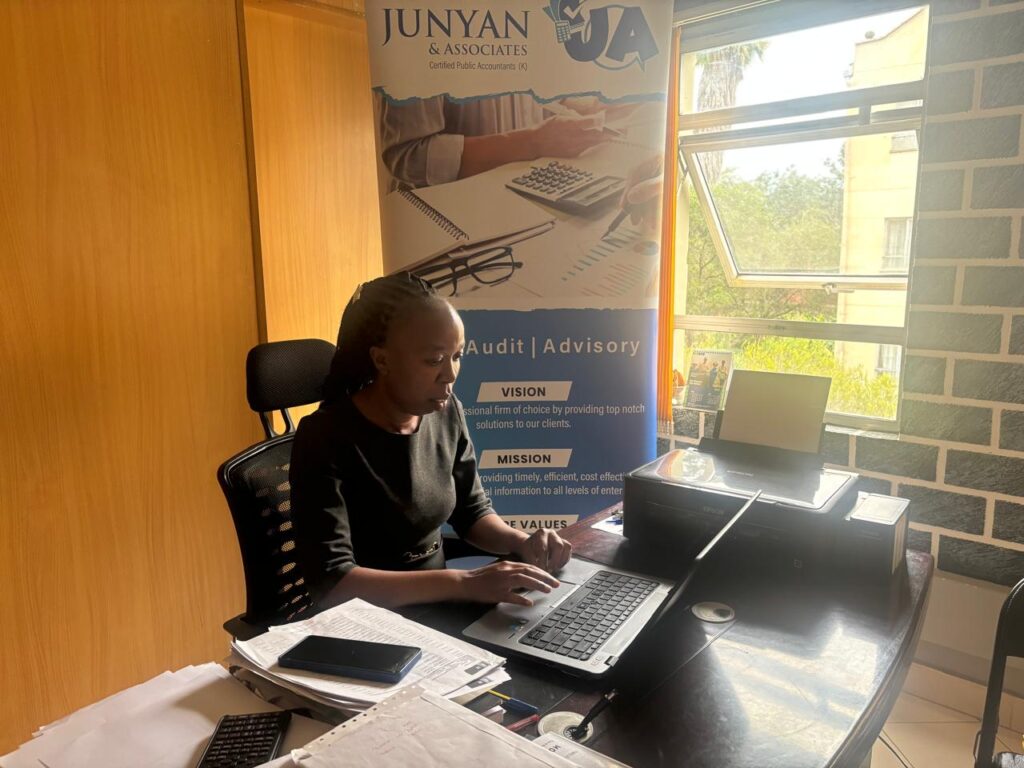In Kenya’s evolving legal and business landscape, resolving disputes amicably, efficiently, and without the traditional burden of court litigation is becoming more critical. The Alternative Dispute Resolution (ADR) Framework in Kenya offers a structured and increasingly popular avenue for individuals, businesses, and institutions to resolve disputes with minimal cost, time, and hostility.
Whether you’re dealing with tax disputes, commercial disagreements, or government-related concerns, ADR provides a viable alternative. At Junyan and Associates, we specialize in guiding clients through the ADR process—particularly in matters involving the Kenya Revenue Authority (KRA) and tax administration.
What is the ADR Framework in Kenya?
The ADR framework refers to a set of mechanisms and practices that allow parties to resolve disputes outside the formal judicial process. The Kenyan legal system recognizes ADR under Article 159(2)(c) of the Constitution of Kenya 2010, which encourages courts and tribunals to promote forms of dispute resolution such as:
- Negotiation
- Mediation
- Conciliation
- Arbitration
In recent years, the Kenya Revenue Authority has adopted Alternative Dispute Resolution as a formal avenue to address tax disputes, helping reduce the backlog in courts and enabling quicker, less adversarial outcomes.
Why ADR Matters: The Benefits of Using the ADR Framework
Choosing ADR over traditional litigation has significant benefits:
- ✅ Cost-effective – Avoids expensive litigation costs and court fees.
- ✅ Time-saving – Most ADR sessions are completed within weeks, unlike lengthy court processes.
- ✅ Confidential – Proceedings are private, and details are not made public.
- ✅ Preserves relationships – Collaborative problem-solving promotes mutual understanding and ongoing business relationships.
- ✅ Expert facilitation – Trained mediators and facilitators help ensure fair, impartial, and structured dialogue.
For businesses, especially Small and Medium Enterprises (SMEs), these advantages can be crucial to maintaining operations during a dispute.
The KRA ADR Framework
In tax matters, the Kenya Revenue Authority has institutionalized an ADR Framework to handle disputes between taxpayers and the tax authority. It is a collaborative process designed to:
- Settle disputes arising from tax audits, assessments, and penalties
- Offer a faster alternative to court litigation
- Promote voluntary compliance and trust in the tax system
Key features of the KRA ADR Framework:
- Initiated upon a taxpayer’s request or recommendation by KRA
- Facilitated by a trained KRA ADR officer
- Resolution must be reached within 90 days
- Parties sign a binding agreement if resolution is successful
- Taxpayer must withdraw any parallel case from the Tax Appeals Tribunal
When Should You Use the ADR Framework?
You can use the ADR process in Kenya when facing:
- Tax disputes with KRA (assessments, audits, penalties)
- Business or commercial contract disagreements
- Employment and labor-related issues
- Property and land disputes
- Supplier/vendor disagreements
ADR is not suitable for all matters. Criminal cases or those that require legal precedent may still require litigation.
How Junyan and Associates Can Help

At Junyan and Associates, we understand the complexities of tax and business law in Kenya. Here’s how we support clients through the ADR Framework:
1. Case Evaluation
We analyze your dispute and determine if ADR is the most viable option based on the facts, evidence, and potential outcomes.
2. Strategy and Preparation
Our experienced team develops a strong negotiation or mediation strategy. We prepare all necessary documentation including tax returns, objection letters, financial records, and position statements.
3. Representation
We accompany and represent you during ADR facilitation sessions, ensuring your interests are professionally defended.
4. Compliance Support
After a successful ADR outcome, we help you meet compliance requirements such as filing returns, making tax payments, or updating records.
5. Post-ADR Monitoring
We monitor progress after resolution to ensure that agreements are honored and disputes are fully closed.
Common Scenarios Where ADR is Effective
- A business receives a large tax penalty that it believes is unjustified
- Discrepancies between KRA tax assessments and company records
- A supplier or contractor dispute that could jeopardize operations
- Employee-related grievances that need confidential resolution
In all these situations, the ADR Framework in Kenya provides a powerful alternative to going to court.
Regulatory Support for ADR in Kenya
The government and judiciary strongly support ADR. In addition to the Constitution, several statutes embed ADR into legal practice:
- Civil Procedure Act (Cap. 21)
- Arbitration Act, 1995
- Tax Procedures Act, 2015 (as amended)
- Employment and Labour Relations Court Act
This legal backing gives ADR legitimacy and enforceability in Kenya’s legal system.
FAQs on ADR Framework in Kenya
What is the ADR Framework in Kenya?
The ADR (Alternative Dispute Resolution) Framework in Kenya refers to methods used to settle disputes outside the formal court system. These include mediation, arbitration, conciliation, and negotiation. It is widely applied in tax, commercial, employment, and contractual disputes.
When should I consider using ADR for my tax dispute?
You should consider ADR when you receive a tax assessment or penalty from the Kenya Revenue Authority (KRA) that you believe is incorrect or unfair. It offers a faster, cost-effective, and less confrontational way to resolve the issue before proceeding to the Tax Appeals Tribunal or court.
How long does the ADR process take with KRA?
The ADR process through KRA is designed to be completed within 90 days from the date of agreement to proceed. This makes it significantly quicker than traditional litigation routes.
Is the outcome of ADR legally binding?
Yes. If an agreement is reached through ADR, both parties sign a consent which becomes binding. The parties are then expected to fulfill their obligations as per the agreement. If ADR fails, you may still pursue resolution through the tribunal or courts.
How can Junyan and Associates assist me during the ADR process?
Junyan and Associates provides full support, including evaluating your case, advising on the best dispute resolution alternative, preparing necessary documents, representing you during ADR sessions, and ensuring compliance after resolution. We serve clients across Kenya, not just in Nakuru.


